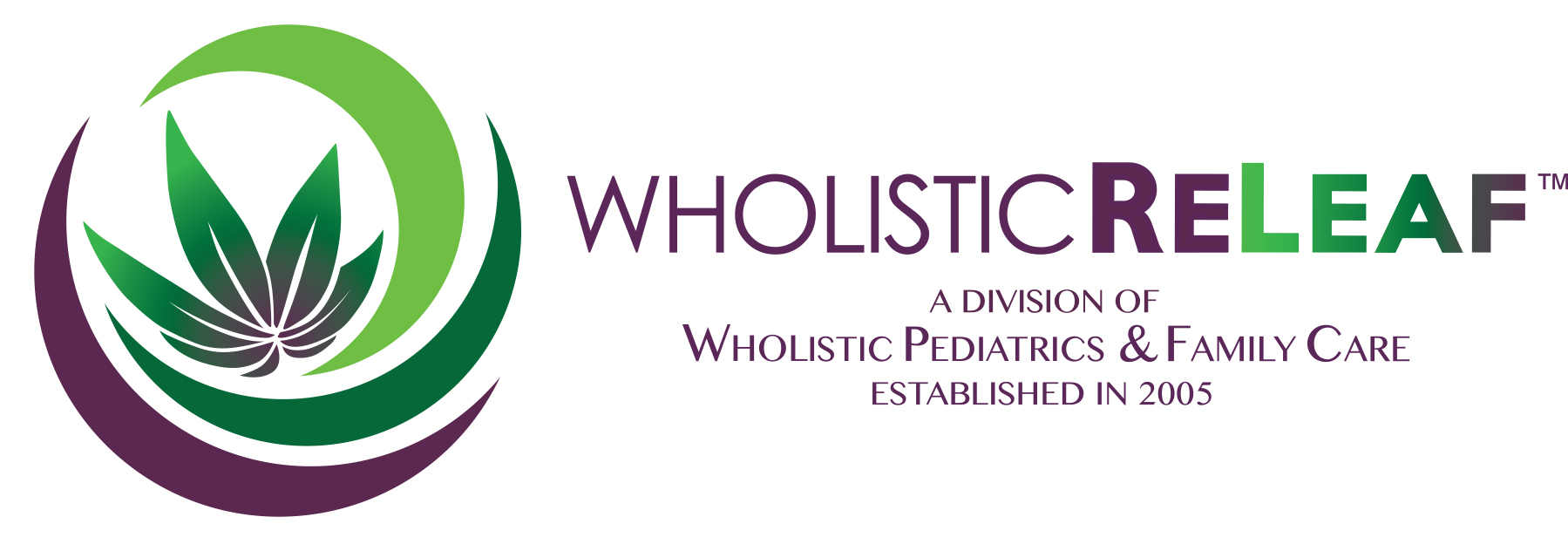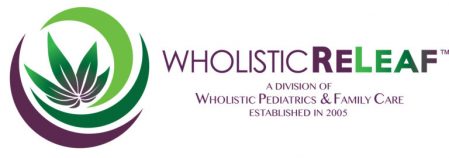One of the most fascinating things I have observed since becoming certified in Florida as a cannabis physician is the relationship between cannabidiol (CBD) and tetrahydrocannabinol (THC). While they are both cannabinoids (the chemical category that provides most of the therapeutic effects of cannabis) that have amazing therapeutic benefits, the psychoactive effects of THC can be limiting or undesirable for some people. Although I had researched it in the past, I now have many first-hand accounts of how CBD decreases or even prevents the mind-altering effects of THC.
Many patients tell me that they are interested in trying medical cannabis because nothing else has worked, or because the medications they have taken have had adverse side effects. However, some want to avoid the “getting high” aspect of cannabis. Other people find the psychoactive effects of THC to be very beneficial, but recognize that there are times in their life where it would be undesirable to be experiencing the mind-altering effects of THC.
It is important to note that every patient is unique and there are always a number of factors that go into the recommendations I make. Typically, 10-15 mg of THC will bring a psychoactive effect for most adults. However, one patient who takes 50 mg each of THC and CBD, three times a day told me, “I am a kid of the 60’s, and I was high for an entire decade….and I can tell you I do not get high from this combination.” Using this therapeutic amount of medical cannabis helps relieve his pain, anxiety, and better able to enjoy his life, but does not cause him to feel “high.”
How can this be?
The answer lies in the fact that different cannabinoids interact with the brain in different ways.
The body’s endocannabinoid system, which is involved in regulating appetite, pain, and mood, has two main endocannabinoid receptors, CB1 and CB2. When CB1 receptors are stimulated, as happens when it binds with THC, a mood-altering (or mind-altering) effect can occur. While some patients find this to be beneficial, for others it is undesirable. One of the benefits of CBD is that it acts to block THC from binding to the CB1 receptors. So taking higher concentrations of CBD in conjunction with THC can reduce the psychoactive effect of the THC.
Unlike CB1 receptors, both CBD and THC stimulate CB2 receptors. In fact, many of the therapeutic properties of CBD and THC occur from their stimulation of CB2 receptors, although the body utilizes these substances in other ways as well. Therefore, CBD provides at least two potential benefits. First, by blocking THC from binding with the CB1 receptor, it reduces the likelihood the THC will have an undesirable effect on the mind; and, second, the CBD can provide direct therapeutic relief when it binds to the CB2 receptors.
Unless a patient has had personal experience using cannabis, I typically suggest starting on CBD only, at a low dose. I next recommend gradually increasing the CBD dose and based on the outcome of using only CBD at higher doses, decide together with the patient whether to add THC in combination with the CBD. Assuming there are no undesirable effects, I then gradually increase the THC until there is a therapeutic outcome.
I also explain to my patients that more CBD can be taken at any time if they experience too much of the THC’s psychoactive effect. Inhaled CBD (e.g., through a vapor pen) can potentially reverse the THC’s psychoactive effect in a matter of minutes.
Many medical cannabis patients appreciate the benefit of being treated at our clinic because of my practical knowledge about utilizing both CBD and THC, as well as the various ways they can be used. In addition to evaluating patients for medical cannabis certification, I also provide “med management” consultations between “cannabis certification” appointments. I offer these consultations to any patient qualified to receive medical cannabis in Florida, whether I certified them or they were certified by a physician with less knowledge and experience in the intricacies of medical cannabis. Unlike certification appointments, which must take place at the physician’s office, med management appointments can be done via phone or telemedicine.
For patients to realize the greatest therapeutic benefit of medical cannabis, they should align with a provider who is qualified and experienced at medical cannabis management. Simply receiving an ID card is not enough to provide the amazing benefits I have personally seen in patients. Every person is different and, as such, so too is the dose and treatment strategy that will provide the greatest benefit.
Family Medical Cannabis Clinic and Wholistic Pediatric and Family Care have been treating patients with medical cannabis since 2016. As the Tampa Bay area’s leading authority on medical cannabis treatment and one of the nation’s most experienced pediatricians treating with medical cannabis, Dr. David Berger is committed to first understanding his patients’ needs. He then customizes a medical cannabis treatment plan that will produce the most effective results. For more information about medical cannabis treatment in Florida, please visit our website by clicking here. Existing patients may also contact the clinic directly through their patient portal.

